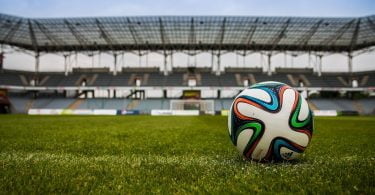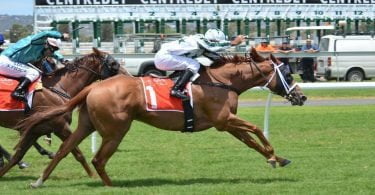Sir Alex Ferguson has announced his retirement at the end of a season in which he won his thirteenth Premier League title as Manchester United manager.
Sir Alex Ferguson has announced his retirement at the end of a season in which he won his thirteenth Premier League title as Manchester United manager. Ferguson won his first title, and United’s first in 26 years, in 1993, soon adding a second in 1994. Since then, United have been Champions of England in 1996, 1997, 1999, 2000, 2001, 2003, 2007, 2008, 2009, 2011 and 2013. But which of these triumphs has been Fergie’s greatest?
Let’s have a look at the top 5.
1992-1993
This was the start of United’s dominance of English football. The ecstatic celebrations of Ferguson and assistant Brian Kidd as Steve Bruce headed a late winner against Sheffield Wednesday in a crucial late-season clash at Old Trafford demonstrated just how much it meant. United had not won the league since 1967 and ended the barren run by eventually finishing ten points ahead of former boss Ron Atkinson’s Aston Villa. The squad that year included legends such as Peter Schmeichel, Steve Bruce, Mark Hughes and Eric Cantona.
2006-2007
United hadn’t won the Championship for three successive seasons, their longest drought since the Premier League began, and Chelsea looked set for a period of dominance with the money of Roman Abramovich and under the charismatic guidance of Jose Mourinho. The Blues had been Champions for the two previous seasons, while United had sold prolific striker Ruud van Nistelrooy in the summer of 2006 with the acquisition of Michael Carrick not inspiring too many people to believe United were ready to win the title back. However, Cristiano Ronaldo’s emergence as a truly world-class player helped bring United back to the summit of English football. It was to be the first of three straight Premier League triumphs.
1995-96
This season started with a youthful United side losing 3-1 at Aston Villa, prompting Alan Hansen’s now infamous “you’ll never win anything with kids” comment. The club had somewhat surprisingly dispensed with the services of big players such as Mark Hughes, Paul Ince and Andrei Kanchelskis in the summer of 1995. However, this was to be the breakthrough year of the team of youngsters including David Beckham, Paul Scholes and Gary Neville and they went on to win the 1996 championship ahead of Newcastle who were, at one point, 12 points clear. It was the first time Ferguson had dismantled one great team and rebuilt it—something which has underpinned the success of his Old Trafford reign.
2012-2013
After Manchester City stole United’s title with the last kick of last season it was always going to be interesting what kind of response United could muster. Did City’s title win signal a shift of power in Manchester and English football? Absolutely not. United’s response was emphatic, winning the league at a canter with four games to spare with Robin van Persie, the catalyst. The final one of Fergie’s 13 triumphs sees him leave the club at the summit of English football, giving any successor a terrific opportunity and leaving them with a squad containing many young players with outstanding potential such as David De Gea, Phil Jones, Tom Cleverley and Danny Welbeck.
2010-2011
When Fergie joined United in 1986, he set out to overhaul English football’s most successful club at the time—Liverpool. He said he wanted to “knock them of their f*****g perch.” In 2011, he did that. After Chelsea’s title triumph in 2010, the United boss added Chris Smalling and Javier Hernandez and both proved to be key players that year. Liverpool’s record of 18 league titles was finally beaten when United won their 19th ahead of their nearest challengers Chelsea. Many said United weren’t at their best in 2010-11 but the league championship, along with a third Champions League final in four years suggested it was one of Ferguson’s greatest teams.
What do you think? What are your memories of Sir Alex Ferguson? Have your say in the comments section below, on Facebook or on Twitter.








